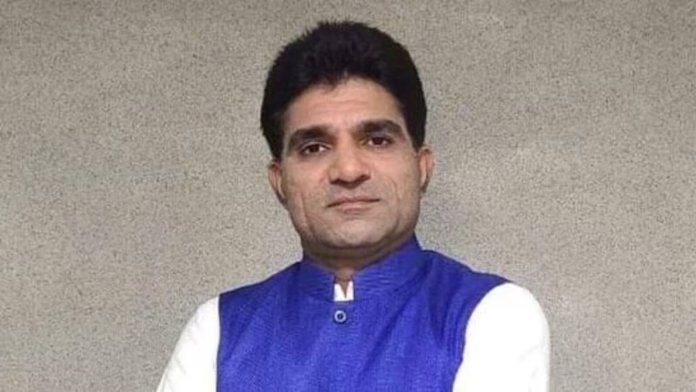In a controversial move, Sudan Gadhvi, the Gujarat chief of the Aam Aadmi Party (AAP), has been booked by the police over a tweet he posted regarding Prime Minister Narendra Modi’s monthly radio show, ‘Mann Ki Baat.’ Gadhvi, in his tweet, alleged that the broadcast was a misuse of public funds, questioning the financial transparency of the government in the context of the show. The tweet sparked heated debates, with supporters of Gadhvi and AAP accusing the government of using taxpayer money for political gain, while others viewed it as an unsubstantiated claim.
In response to the tweet, Gujarat police took swift action, filing a case against Gadhvi for promoting content that they described as “without any basis” and potentially causing public unrest. Authorities argued that Gadhvi’s statements were misleading and lacked factual evidence. The AAP leader’s tweet came in the midst of a politically charged atmosphere in the state, as Gujarat approaches the upcoming elections and public dissatisfaction with government policies remains high.
The police case against Gadhvi has raised concerns about the limits of free speech, with many political analysts questioning whether this legal action is an attempt to silence political dissent. Gadhvi’s supporters argue that it is an effort to suppress opposition voices, while government officials assert that the tweet was baseless and could potentially mislead the public.
This incident has fueled a larger debate on the role of social media in Indian politics, where politicians frequently use platforms like Twitter to make direct statements on policies, government actions, and leaders. While the case against Gadhvi is still unfolding, it has added to the growing tensions between the AAP and the ruling Bharatiya Janata Party (BJP) in Gujarat. The AAP has pledged to continue raising issues regarding transparency and governance, while the BJP insists on protecting public trust.
Gadhvi, who is known for his outspoken criticism of Prime Minister Modi’s government, is expected to continue facing legal scrutiny as the case progresses. His tweet and the subsequent police action have sparked a national conversation about the limits of free expression and the accountability of government-sponsored programs like ‘Mann Ki Baat.

